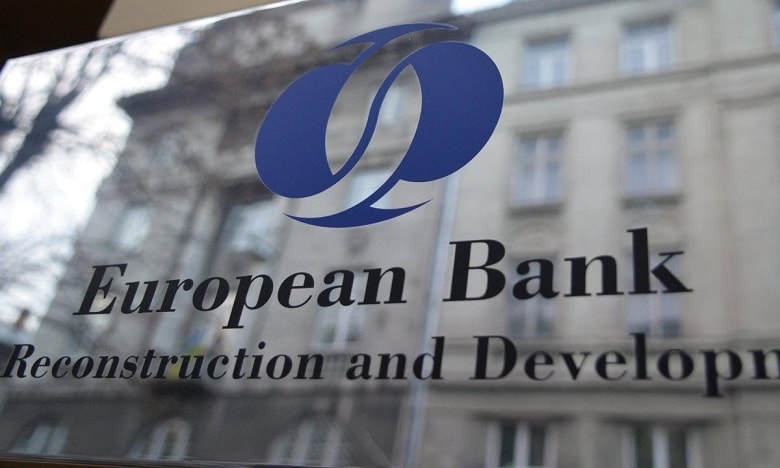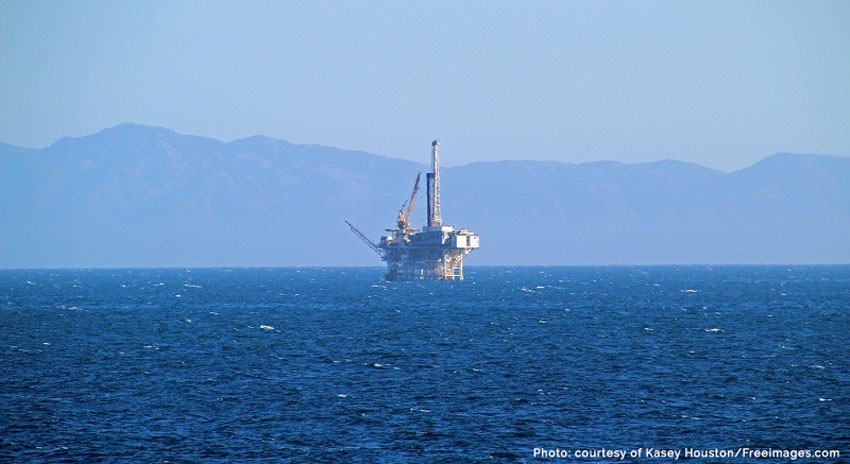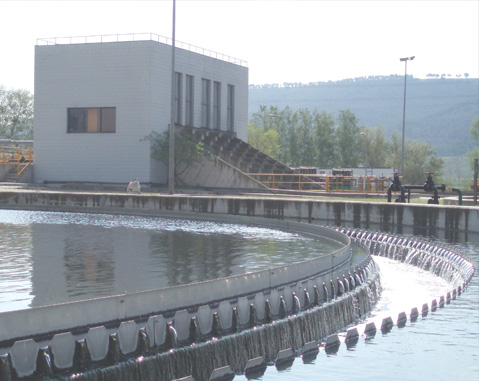The European Bank for Reconstruction and Development (EBRD) has approved a new strategy for Morocco for the 2024-2029 period after consultation with Moroccan authorities, the private sector, civil society, and shareholders.
The Bank’s country strategy supports private-sector-led economy by enhancing competitiveness and promoting Morocco’s reform agenda. It also aims to strengthen social cohesion, reduce regional disparities for more inclusive growth, and speed up Morocco’s green economy transition through more sustainable energy, water, and infrastructure.
Antoine Sallé de Chou, EBRD’s Head of Morocco, said: “the new strategy is a key milestone for the Bank and Morocco. It will guide our investments and policy dialogue over the coming five years to help deliver inclusive and sustainable economic growth in the country.”
The new five-year strategy supports Morocco’s private investments and New Development Model. To achieve this goal, the EBRD will use its financing tools and advisory initiatives to help Moroccan corporates and small and medium-sized enterprises (SMEs) integrate further into global value chains and develop capital markets.
It will also promote deeper regional integration and help the country anchor its position as a gateway to Africa. The Bank will support Moroccan government in its comprehensive reform of state-owned enterprises and support the expansion of its promising public-private partnership program.
The strategy pays particular attention to ensuring that growth benefits everyone, and particularly improve women and youth economic inclusion.
The European Bank will seek to improve access to finance and advisory for women and young entrepreneurs. It will also help reduce regional disparities and support the provision of critical infrastructure services and economic opportunities in the regions affected by the 8 September 2023 earthquake.
During the previous strategy period, the EBRD deployed €1.6 billion to help Morocco carry out its entrepreneurial projects. The Bank invested €730 million in key infrastructure projects, provided €700 million for public services and infrastructure, and invested €100 million to advance capital markets development.



